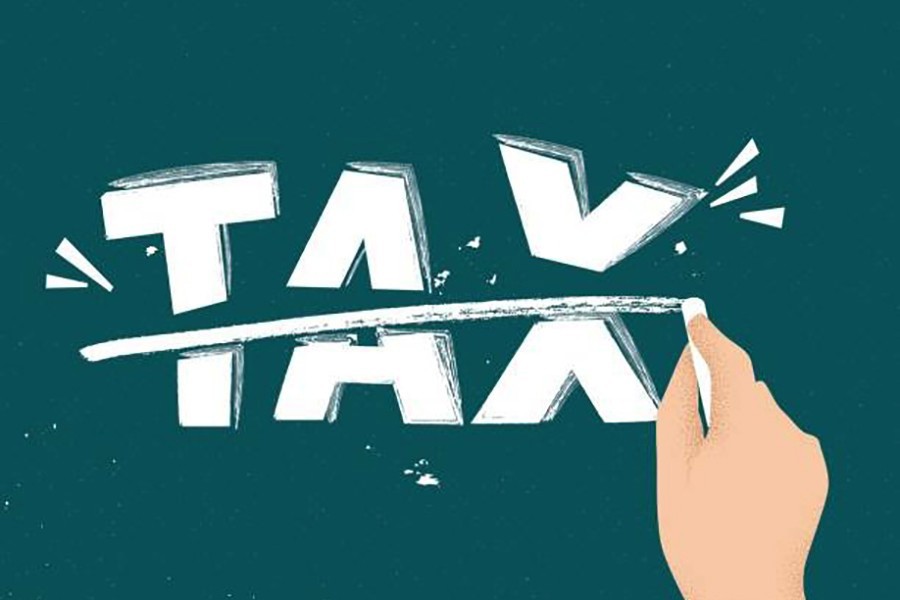To the common consumers, price volatilities in the essential commodities market seem to be the only constant in life. As such, they often accept, grudgingly though, even any irrational price hike of these items in the kitchen market. But as the government has been providing duty exemptions on the import of most of these items, there is no cogent reason why those should always be dear. As for example, the National Board of Revenue (NBR), in January 2021, drastically reduced import duty on rice from 62.5 per cent to 25.75 per cent. But since the NBR issued the Statutory Regulatory Order (SRO), no marked reduction in the prices of rice has been observed in the market.
The question that naturally arises is, if the public has not been benefited by reduction of import duty on rice, then where the government's lost tax money has gone! A World Bank (WB) study says that 2.5 per cent of the country's Gross Domestic Product (GDP) has been lost to the import tax waivers so granted to products and services on various occasions. However, the NBR officials believe the loss is rather on the higher side, since over the years the government has considerably widened the scope of such tax cuts to protect farmers, help industry and facilitate implementation of public sector development projects, to mention but a few areas. But unavailability of necessary tax data, the record keeping of which is yet to be digitised, has left the officials concerned clueless about the magnitude of the loss being incurred by the government. While the government needs to update and modernise its method of preserving tax data to have a precise knowledge of the revenue so lost, it should also ensure that the common consumers do get the benefits of tax exemptions.
The government at the moment is considering further reduction in the import duty on rice from its present level at 25.75 per cent to 15 per cent, while the existing tax on onion and edible oil are 10 per cent and 19 per cent respectively. Pulses and lentils, on the other hand, are enjoying full tax waiver. But many of the common consumers are perhaps quite unaware of these tariff exemptions. The upshot of it is that the wily retailers in the kitchen market would be prone to charging higher prices for the essential commodities with excuses ranging from so-called problems in the supply chain to uncertainties in the international market. It goes without saying that in most cases the pretexts traders use are unfounded.
The mismatch between the government measures to stabilise the essentials market through tax breaks and the unexplained price regime that is prevailing cannot be allowed to continue like this indefinitely. Whoever is responsible-the hoarder, the middleman, the retailer, or any glitch in the supply chain-has to be identified through strict monitoring. On this score, the head of the Bangladesh Trade and Tariff Commission (BTC), who also looks after the national committee to fix and monitor the prices of essential commodities, would be required to strengthen his departments' capacity in this regard. To this end, increasing manpower and introducing digital technology to track financial transactions at all levels can be an option. In any case, the aim should be to develop an adjustable tax regime and a smart price monitoring mechanism so that the essentials prices can remain stable.


